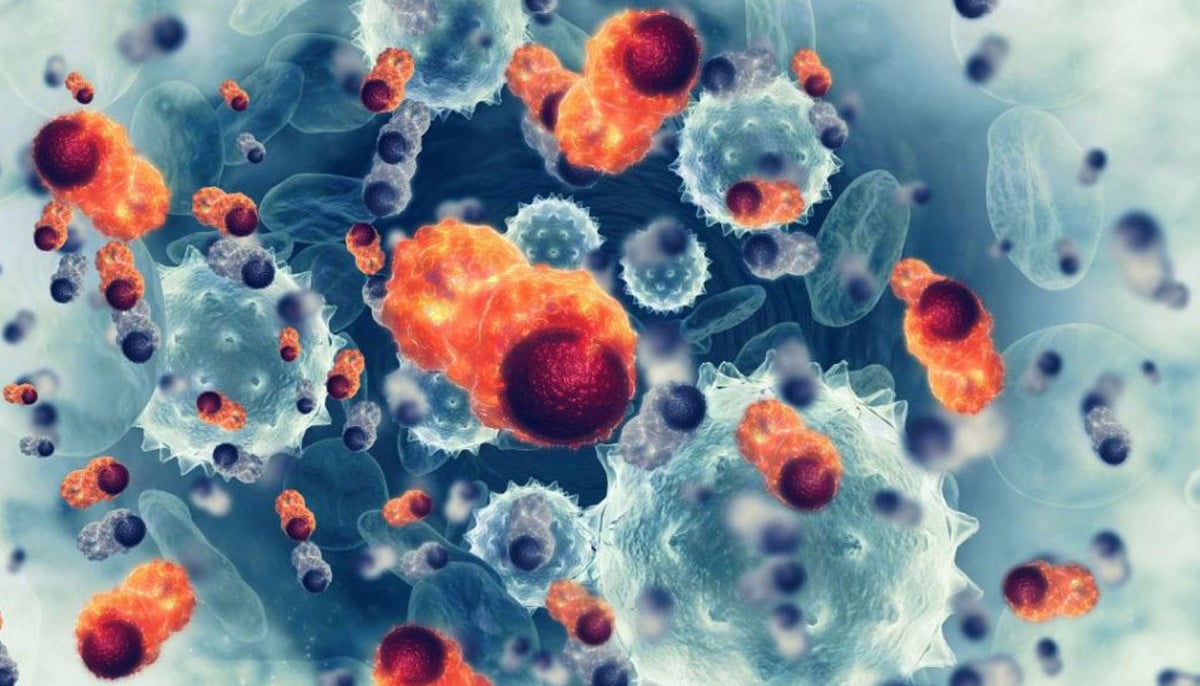PARIS: Gene therapy delivered by a benign virus enabled deaf lab mice to hear for the first time, researchers said Monday, offering hope for people with genetic hearing impairments.
The breakthrough could pave the way for gene-based treatments, they reported in two studies, published in Nature Biotechnology.
"With more than 100 genes already known to cause deafness in humans, there are many patients who may eventually benefit from this technology," said Konstantina Stankovic, a professor at Harvard Medical School.
Genetic hearing disorders affect some 125 million people worldwide, according to the World Health Organization.
An expert not involved in the research welcomed the findings as "very encouraging", but cautioned the technique has yet to be proven safe, and that human trials are likely years away.
In the first study, Stankovic and colleagues used a harmless virus to transport -- deep into the mouse ear -- a gene that can fix a specific form of hereditary deafness.
Previous attempts had failed, but this time the viral package was delivered to the right address: the so-called outer hair cells that "tune" the inner ear to sound waves.
"Outer hair cells amplify sound, allowing inner hair cells to send a stronger signal to the brain," explained Gwenaelle Geleoc, a researcher at the F.M. Kirby Neurobiology Center at Boston Children´s Hospital.
The technique bestowed hearing and balance "to a level that´s never been achieved before," she said in a statement.
"Now you can whisper, and the mice can hear you."
In the second study, a team led by Geleoc used the same viral courier to treat mice with a mutated gene responsible for Usher syndrome, a rare childhood genetic disease that causes deafness, loss of balance, and in some cases blindness.
The virus carried a normal version of the same gene to damaged ear hair cells soon after the mice were born.
-
All you need to know guide to rosacea
-
Prevent cancer with these simple lifestyle changes
-
Experts reveal keto diet as key to treating depression
-
Skipping breakfast? Here are some reasons why you shouldn't
-
Sciences reveals shocking body response against heart attack
-
Anti-inflammatory teas to keep your gut balanced
-
Emma Stone reveals she is ‘too afraid’ of her ‘own mental health’
-
5 simple rules to follow for smooth, healthy hair











